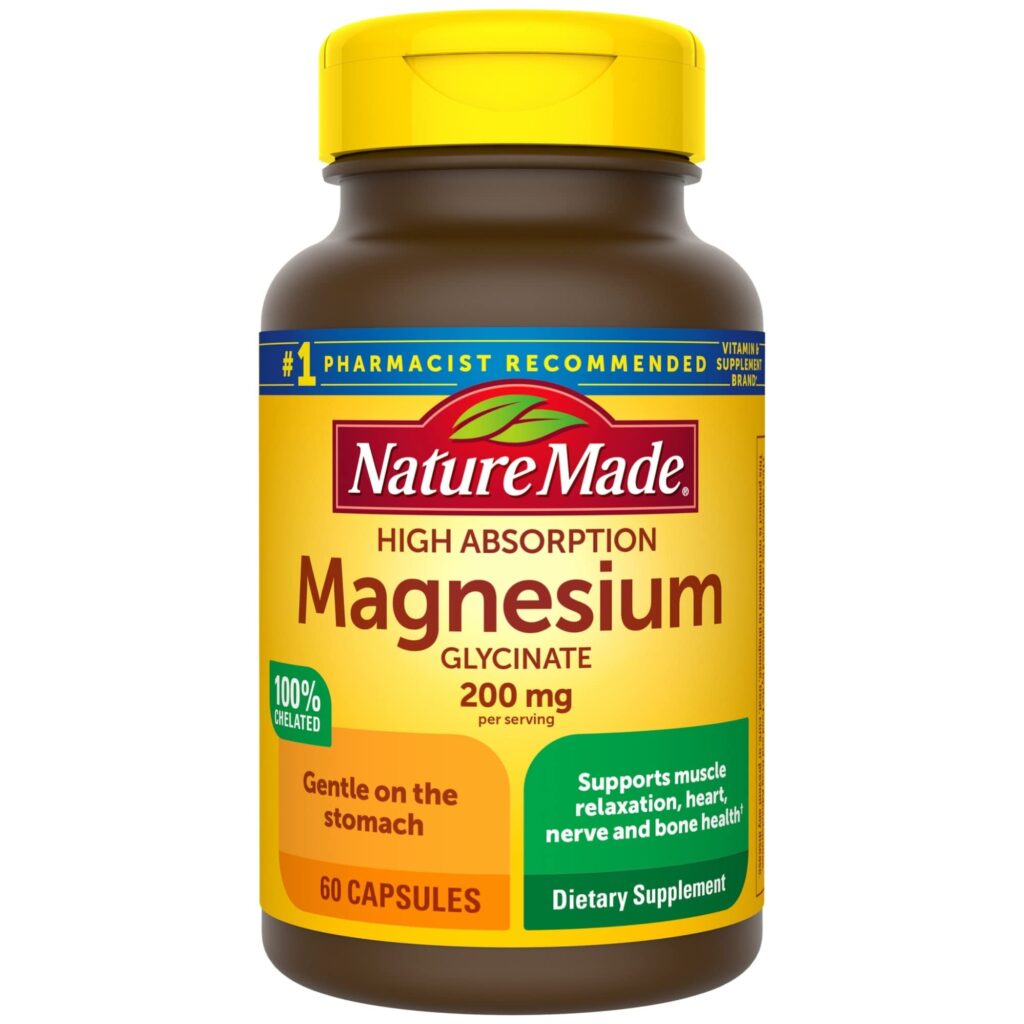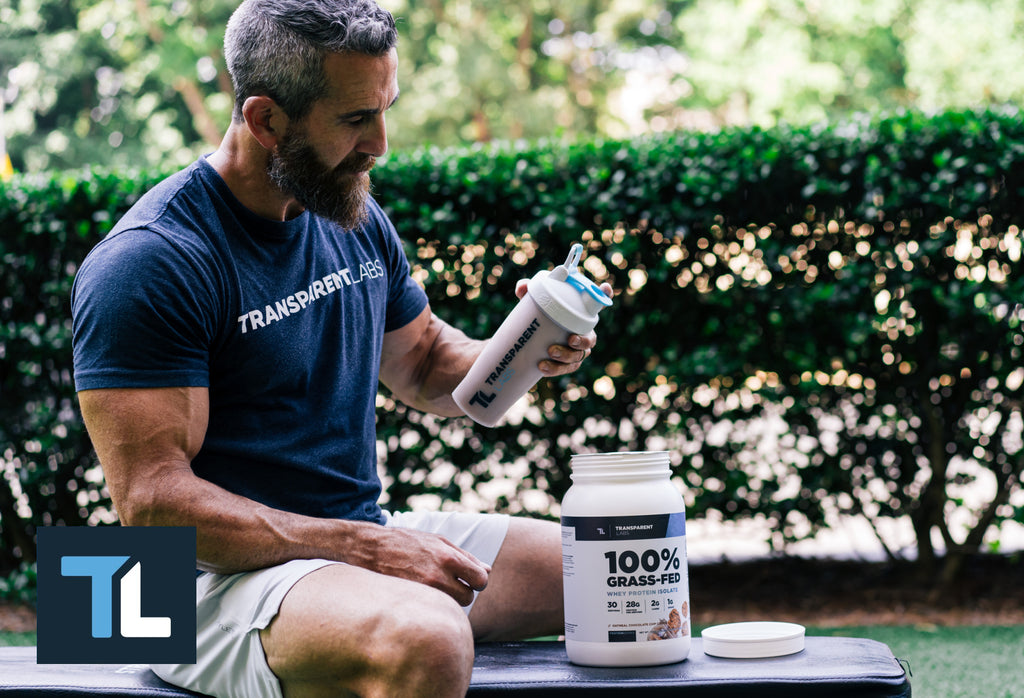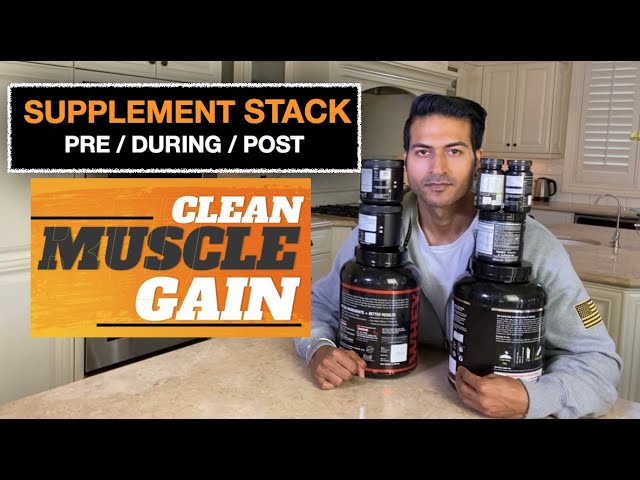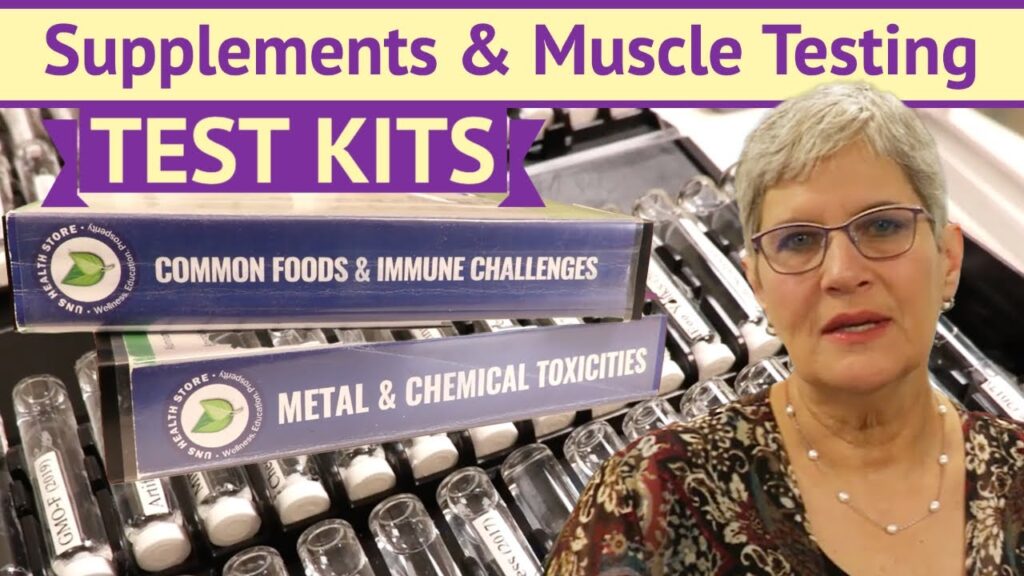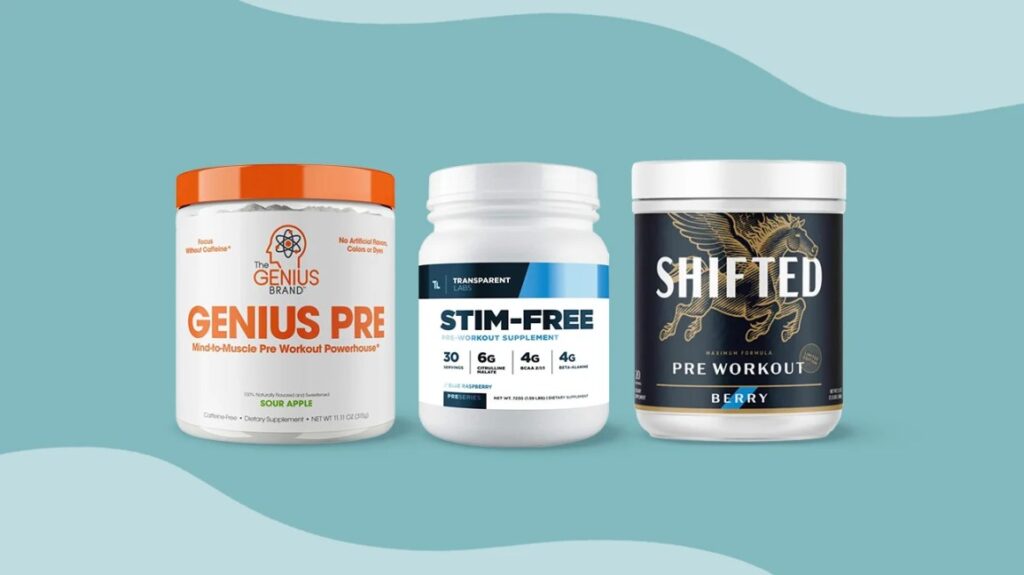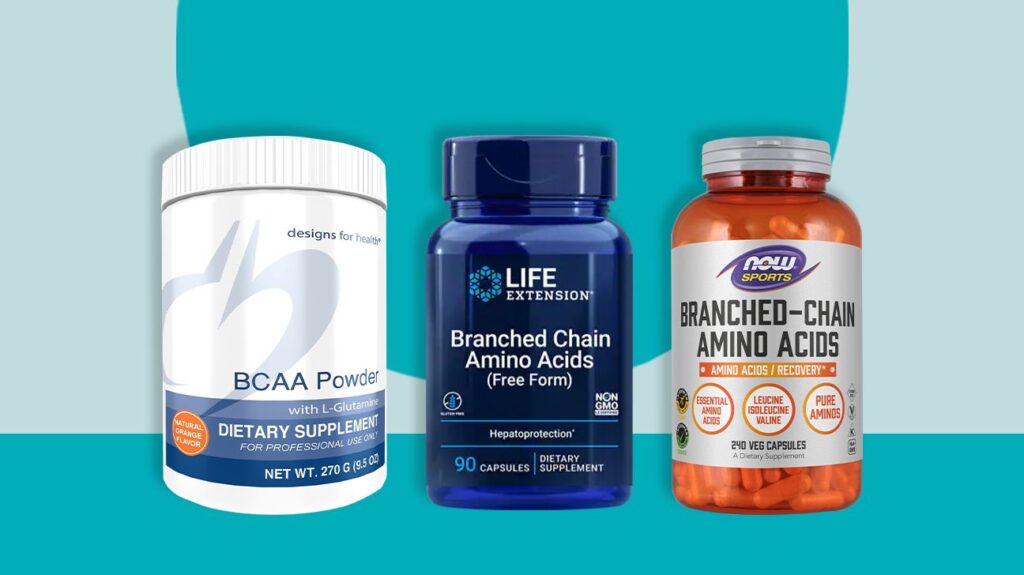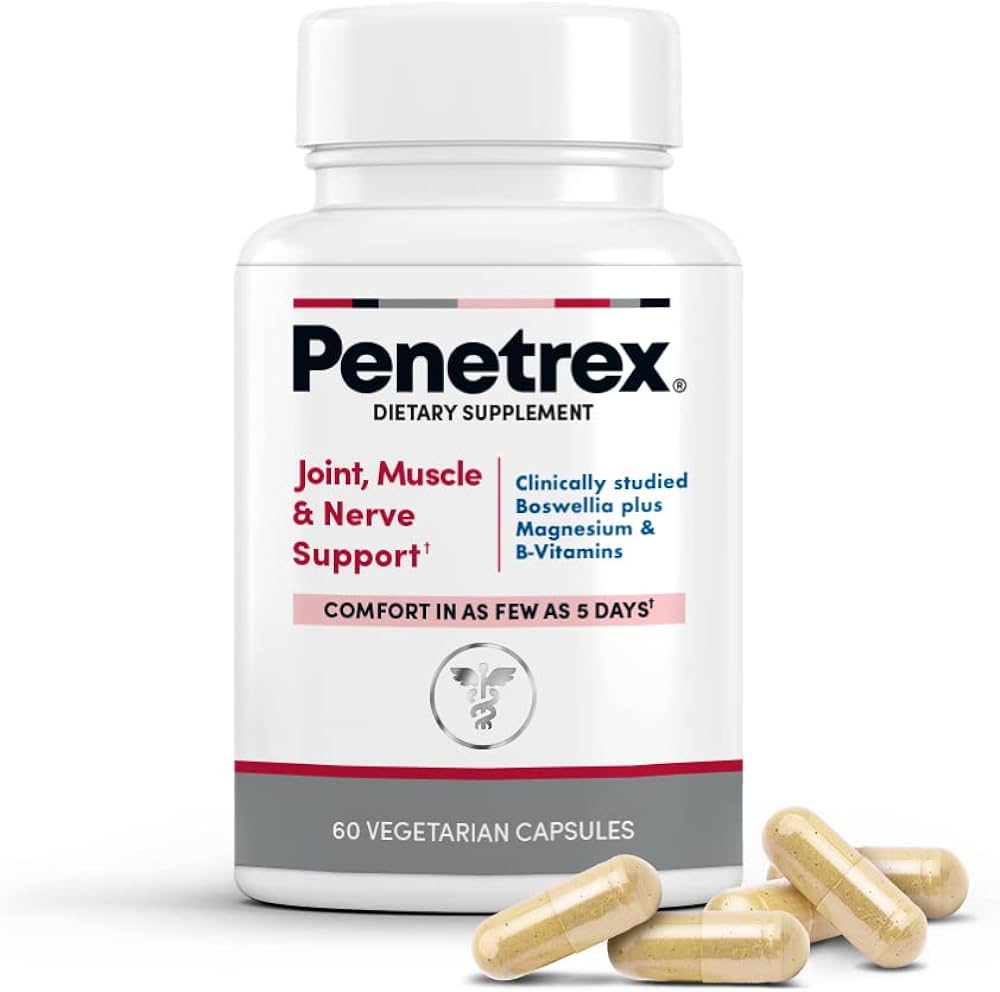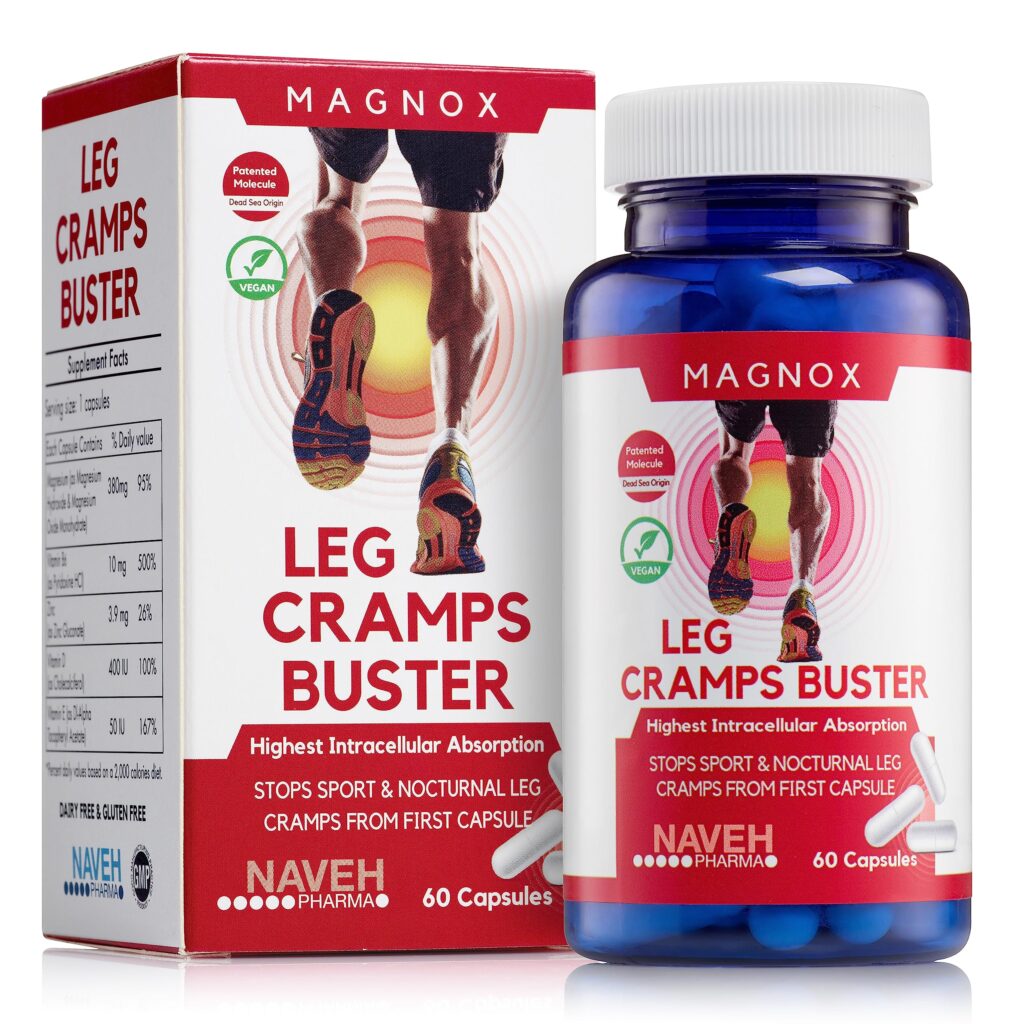For muscle soreness, the best supplements include omega-3 fatty acids, turmeric, and branched-chain amino acids (BCAAs). These help reduce inflammation and promote muscle recovery.
Muscle soreness, often experienced after intense workouts, can hinder progress and affect daily activities. Omega-3 fatty acids, found in fish oil, reduce inflammation and support muscle health. Turmeric, with its active compound curcumin, has strong anti-inflammatory properties that alleviate pain.
Branched-chain amino acids (BCAAs) help repair damaged muscles and reduce exercise-induced soreness. Incorporating these supplements into your routine can significantly improve recovery and enhance overall performance. Always consult a healthcare professional before starting any new supplement regimen to ensure safety and effectiveness tailored to your individual needs.
Combatting Muscle Soreness
Muscle soreness can be a big problem for many people. It can make it hard to move and exercise. The good news is that there are ways to help with muscle soreness. One way is by using supplements. These can help your muscles feel better and recover faster.
Causes Of Muscle Soreness
Muscle soreness happens for different reasons. One reason is doing a new exercise. Another reason is working out too hard. Your muscles get tiny tears when you exercise. This makes them sore.
- New exercises can make muscles sore.
- Overworking muscles can cause tiny tears.
- Lack of warm-up can lead to soreness.
Signs Of Overexertion
Overexertion means you have worked your muscles too hard. There are signs to look for. This can help you know if you need to rest.
| Sign | Description |
|---|---|
| Extreme Fatigue | Feeling very tired all the time. |
| Severe Pain | Pain that does not go away. |
| Swelling | Muscles look bigger and feel tight. |
If you have these signs, you need to take a break. Resting helps your muscles heal. Supplements can also help.

Credit: visual.ly
Natural Relief Strategies
Muscle soreness can be uncomfortable, especially after intense workouts. Fortunately, natural relief strategies can help. These methods ease muscle pain without harsh chemicals. Below are effective strategies you can use.
Hydration And Its Impact
Staying hydrated is crucial for muscle recovery. Water helps flush out toxins from your body. It also keeps your muscles flexible and less prone to soreness. Drink at least 8 glasses of water daily. You can also consume electrolyte-rich drinks. These drinks restore essential minerals lost during exercise.
Role Of Sleep In Muscle Recovery
Sleep is vital for muscle repair. During sleep, your body heals and regenerates tissues. Aim for 7-9 hours of sleep each night. A consistent sleep schedule improves muscle recovery. Create a relaxing bedtime routine. Avoid screens and caffeine before bed. Quality sleep enhances your body’s ability to recover from soreness.
Dietary Adjustments For Sore Muscles
Experiencing muscle soreness after a workout? Adjusting your diet can help. What you eat plays a vital role in muscle recovery. Here are some dietary changes to ease muscle soreness.
Protein Intake
Protein is essential for muscle repair. Consuming enough protein helps rebuild muscle tissue. Aim for lean protein sources. Here are some great options:
- Chicken Breast
- Turkey
- Fish
- Eggs
- Greek Yogurt
Try to consume protein within 30 minutes post-workout. This helps with faster recovery. Protein shakes are convenient if you’re on the go.
Anti-inflammatory Foods
Eating anti-inflammatory foods can reduce muscle soreness. These foods help in reducing inflammation and speeding up recovery. Include these in your diet:
- Blueberries
- Spinach
- Walnuts
- Chia Seeds
- Salmon
These foods are rich in antioxidants. They help in fighting inflammation and reducing muscle pain.
| Food | Anti-inflammatory Benefit |
|---|---|
| Blueberries | Rich in antioxidants |
| Spinach | Contains anti-inflammatory compounds |
| Walnuts | High in omega-3 fatty acids |
| Chia Seeds | Good source of omega-3s |
| Salmon | Rich in omega-3s |
Adjusting your diet with these foods can help ease muscle soreness. It’s simple and effective. Try to include them in your daily meals.
Vitamin Supplements
Muscle soreness can slow down your progress. Vitamin supplements can help ease the pain. Vitamins are vital for muscle recovery and overall health. Below, we’ll explore two important vitamins.
Vitamin D And Muscle Function
Vitamin D is crucial for muscle function. It helps muscles contract properly. Lack of Vitamin D can lead to muscle weakness. Strong muscles need enough Vitamin D.
Sunlight is a natural source of Vitamin D. Foods like fish, eggs, and fortified milk also provide Vitamin D. Supplements can ensure you get enough.
Regular intake of Vitamin D improves muscle strength. It also helps reduce muscle pain. Make sure to check your Vitamin D levels. Your body will thank you.
B Vitamins For Energy Metabolism
B Vitamins play a key role in energy metabolism. They help convert food into energy. This energy is essential for muscle recovery.
There are several types of B Vitamins:
- B1 (Thiamine) – Helps with nerve function.
- B2 (Riboflavin) – Helps break down proteins, fats, and carbs.
- B3 (Niacin) – Supports muscle cell repair.
- B6 (Pyridoxine) – Aids in amino acid metabolism.
- B12 (Cobalamin) – Important for red blood cell formation.
Foods rich in B Vitamins include whole grains, meat, and dairy. Supplements can fill any gaps in your diet. B Vitamins ensure your muscles get the energy they need.
Incorporate these vitamin supplements into your routine. They will help reduce muscle soreness and improve your overall health.
Mineral Supplements
Mineral supplements play a crucial role in muscle health. They help reduce muscle soreness and support recovery. These supplements provide essential nutrients that aid in muscle function and repair.
Magnesium For Muscle Relaxation
Magnesium is essential for muscle relaxation. It helps in reducing muscle cramps and spasms. Magnesium aids in the relaxation of muscles after intense workouts. It also supports energy production and protein synthesis. This mineral helps in calming the nervous system, which can reduce muscle tension.
Sources of magnesium include:
- Leafy green vegetables
- Nuts and seeds
- Whole grains
- Magnesium supplements
Proper magnesium levels can help reduce muscle soreness. It’s important to ensure adequate intake through diet or supplements.
Zinc For Tissue Repair
Zinc is vital for tissue repair. It supports the healing of muscle fibers after exercise. Zinc plays a role in protein synthesis, which is crucial for muscle recovery. It also helps in maintaining a healthy immune system.
Sources of zinc include:
- Meat and poultry
- Seafood
- Dairy products
- Zinc supplements
Adequate zinc intake can speed up recovery. It helps in reducing muscle soreness and promoting overall muscle health.

Credit: www.tonal.com
Amino Acids And Protein Powders
Muscle soreness can slow down your workout progress. Amino acids and protein powders can help reduce soreness. They aid in muscle recovery and growth. Let’s explore some of the best options available.
Bcaas For Muscle Recovery
Branched-Chain Amino Acids (BCAAs) are essential for muscle recovery. They consist of three amino acids: leucine, isoleucine, and valine. These amino acids help repair muscle tissues. They also reduce muscle fatigue.
You can take BCAAs before, during, or after workouts. They come in powder or capsule form. Studies show BCAAs can decrease exercise-induced muscle damage. This makes them a popular choice among athletes.
| Benefits of BCAAs |
|---|
| Reduced muscle soreness |
| Improved muscle recovery |
| Decreased muscle fatigue |
Whey And Casein Proteins
Whey protein is a fast-digesting protein. It is ideal for post-workout recovery. Whey contains all essential amino acids. It helps build and repair muscles quickly.
Casein protein digests slowly. It provides a steady release of amino acids. This makes it perfect for nighttime use. Casein helps prevent muscle breakdown while you sleep.
- Whey Protein Benefits:
- Quick digestion
- High in essential amino acids
- Boosts muscle growth
- Casein Protein Benefits:
- Slow digestion
- Steady release of amino acids
- Prevents muscle breakdown
Combining both whey and casein proteins can maximize your muscle recovery. Use whey post-workout and casein before bed. This strategy ensures your muscles get nutrients when needed.
Herbal Remedies
Herbal remedies offer natural solutions for muscle soreness. They can help reduce inflammation and speed up recovery. Two popular herbs are turmeric and ginger.
Turmeric Benefits
Turmeric is a powerful herb known for its healing properties. It contains curcumin, which helps reduce muscle inflammation. Many athletes use turmeric to ease muscle pain.
Benefits of Turmeric:
- Reduces muscle inflammation
- Speeds up recovery
- Improves joint health
You can consume turmeric in various forms:
- Turmeric capsules
- Turmeric powder
- Turmeric tea
Ginger For Inflammation Reduction
Ginger is another effective herb for muscle soreness. It contains gingerols and shogaols, which help reduce inflammation. Ginger also improves blood circulation.
Benefits of Ginger:
- Reduces muscle pain
- Improves blood flow
- Boosts immune system
Ways to use ginger:
- Ginger tea
- Ginger capsules
- Fresh ginger in meals
Both turmeric and ginger are easy to add to your diet. They offer natural relief for sore muscles.
Topical Treatments
Muscle soreness can be a real pain, especially after a tough workout. Topical treatments are a great way to ease the discomfort. Let’s explore some effective options.
Arnica Creams
Arnica creams are popular for muscle pain relief. They contain extracts from the arnica plant. This plant is known for its healing properties.
Here are some benefits of using arnica creams:
- Reduces inflammation
- Speeds up healing
- Minimizes bruising
Apply arnica cream directly to the sore area. Massage gently for better absorption. Use it 2-3 times a day for best results.
Cbd Oils And Lotions
CBD oils and lotions are gaining popularity for muscle relief. They are derived from the cannabis plant. But, they do not cause any high effects.
Key benefits of CBD oils and lotions:
- Reduces pain
- Decreases inflammation
- Promotes relaxation
Apply CBD oil or lotion to the sore muscles. Rub it in gently. Use it as needed for pain relief. Check the product label for dosage instructions.
Scientifically-backed Supplements
Muscle soreness is a common issue for many. Choosing the right supplements can help. Some supplements are backed by science. They can help reduce soreness. Here, we discuss the best ones. Let’s dive into the details.
Creatine Monohydrate
Creatine Monohydrate is a popular supplement. It helps in muscle recovery. Studies show it reduces soreness. It also boosts muscle strength. Here are its benefits:
- Reduces muscle soreness
- Boosts muscle strength
- Improves exercise performance
Creatine is easy to use. Mix it in water or juice. Take it post-workout. It’s safe and effective.
Omega-3 Fatty Acids
Omega-3 Fatty Acids are essential fats. They have anti-inflammatory properties. They help reduce muscle pain. They are found in fish oil. Here are their benefits:
- Reduces inflammation
- Decreases muscle soreness
- Improves joint health
Include Omega-3 in your diet. You can take supplements too. They are effective for recovery.
| Supplement | Benefits | Usage |
|---|---|---|
| Creatine Monohydrate |
| Mix with water post-workout |
| Omega-3 Fatty Acids |
| Take as a supplement or eat fish |
Safety And Dosage Recommendations
Using supplements to ease muscle soreness can be effective. But, it is crucial to follow safety guidelines and recommended dosages. Understanding proper usage ensures you get the most benefits without adverse effects.
Consulting With A Healthcare Provider
Consulting with a healthcare provider before starting any supplement is vital. They can help determine the best options based on your health status. This step prevents potential interactions with existing medications.
Always share your full medical history with your doctor. This includes any other supplements you are taking. Your provider will ensure that your chosen supplements are safe for you.
Recommended Dosages
Each supplement has its own recommended dosage. Following these guidelines is essential for safety and effectiveness. Here are some general recommendations:
| Supplement | Recommended Dosage |
|---|---|
| Omega-3 Fatty Acids | 1,000 mg per day |
| Turmeric | 500-1,000 mg per day |
| Vitamin D | 600-800 IU per day |
| Magnesium | 310-420 mg per day |
Always read the label for specific dosage instructions. Never exceed the recommended amount without consulting a healthcare provider.
Here are some tips for safe supplement use:
- Take supplements with food to improve absorption.
- Stay hydrated to help your body process the supplements.
- Monitor your body for any adverse reactions.
By following these safety and dosage recommendations, you can effectively manage muscle soreness. Always prioritize your health and consult with professionals when necessary.
Incorporating Supplements Into Routine
Muscle soreness can hinder your workout progress. Incorporating supplements into your routine can help alleviate pain and speed up recovery. Understanding the right timing and combination of supplements is essential for optimal results.
Timing For Optimal Results
Timing is crucial for supplement effectiveness. Take supplements at specific times to maximize their benefits. Here’s a simple guide:
| Supplement | Optimal Timing |
|---|---|
| Protein | Post-workout, within 30 minutes |
| BCAAs | During workout or immediately after |
| Omega-3 | With meals, preferably breakfast |
| Magnesium | Before bed |
Combining Supplements
Combining supplements can enhance their effects. Here are some effective combinations:
- Protein and BCAAs: Boost muscle recovery and growth.
- Omega-3 and Magnesium: Reduce inflammation and improve sleep quality.
- Vitamin D and Calcium: Strengthen bones and muscles.
Use these combinations wisely. Too many supplements can overwhelm your system. Stick to recommended dosages for best results.

Credit: m.youtube.com
Monitoring Progress And Adjustments
Tracking your progress with muscle soreness supplements is essential. It ensures you get the most benefit. It also helps you avoid any potential side effects. Regularly monitoring your symptoms and adjusting supplement use can make a big difference.
Tracking Symptoms
Keep a daily journal to note any changes in your muscle soreness. Record the severity of soreness, the duration, and any other symptoms. This will help you see patterns and identify what works best.
- Severity: Rate your soreness on a scale of 1-10.
- Duration: Note how long the soreness lasts.
- Other Symptoms: Record any other side effects.
Using a simple table can make tracking easier:
| Date | Severity (1-10) | Duration (hours) | Other Symptoms |
|---|---|---|---|
| 01/10/2023 | 5 | 4 | None |
| 02/10/2023 | 3 | 2 | Fatigue |
Adjusting Supplement Use
Based on your tracked symptoms, adjust your supplement use. If soreness decreases, you may reduce the dosage. If soreness persists, consider trying a different supplement.
- Reduce Dosage: If you notice improvement, try reducing the dosage.
- Try New Supplements: If no improvement, consider other options.
- Consult a Professional: Always consult a healthcare provider before making changes.
By closely monitoring and adjusting, you can optimize your supplement regimen. This ensures you get the best results with minimal side effects. Remember, consistency is key to seeing benefits.
Frequently Asked Questions
Which Supplement Helps Muscle Soreness?
Magnesium and omega-3 supplements can help reduce muscle soreness. They support muscle recovery and decrease inflammation.
What Heals Sore Muscles The Fastest?
Rest, hydration, and gentle stretching speed up muscle recovery. Ice packs reduce inflammation, while massages improve blood flow. Over-the-counter pain relievers can also help.
What Can I Take For Really Sore Muscles?
For sore muscles, take over-the-counter pain relievers like ibuprofen or acetaminophen. Apply ice or heat packs. Rest and hydrate.
What Is The Best Vitamin For Stiff Muscles?
Vitamin D is the best for stiff muscles. It helps improve muscle function and reduce discomfort. Ensure adequate sunlight exposure or take supplements.
What Are The Best Supplements For Muscle Soreness?
Magnesium, Omega-3 fatty acids, and Turmeric are excellent for reducing muscle soreness and promoting recovery.
How Does Magnesium Help With Muscle Soreness?
Magnesium helps relax muscles, reduces cramping, and aids in muscle recovery, alleviating soreness effectively.
Can Omega-3 Reduce Muscle Soreness?
Yes, Omega-3 fatty acids reduce inflammation and muscle soreness, promoting faster recovery.
Is Turmeric Effective For Muscle Soreness?
Turmeric contains curcumin, which has anti-inflammatory properties that help reduce muscle soreness and improve recovery.
How Does Protein Help Muscle Recovery?
Protein supports muscle repair and growth, reducing soreness and enhancing recovery after workouts.
Should I Take Bcaas For Muscle Soreness?
Yes, Branched-Chain Amino Acids (BCAAs) help reduce muscle soreness and support muscle repair.
Conclusion
Choosing the right supplements can ease muscle soreness effectively. Natural options like turmeric and omega-3 are great choices. Always consult your healthcare provider before starting any new supplement. Remember, proper nutrition and hydration also play a crucial role. Prioritize your well-being and enjoy a faster recovery.


